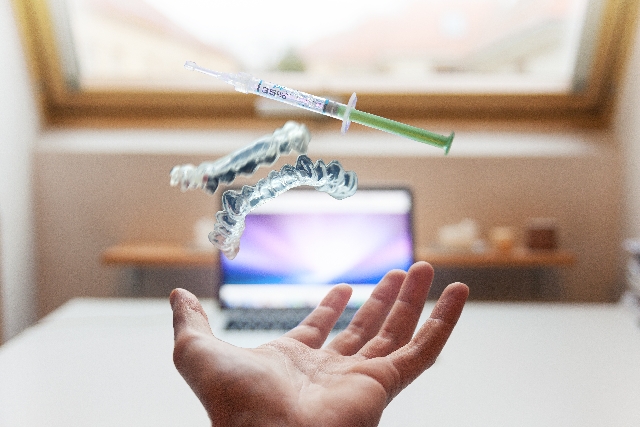Going to the dentist isn’t the most enjoyable experience. While dental professionals make your visit as smooth as possible, there will still be some discomfort involved. And in some cases, the cost of dental service could make your visit extra painful.
Fortunately, there are a few ways you can fund your dental treatment in Australia without tapping into your monthly budget or savings. Here are some of them.
Public health insurance
In Australia, you can get public dental treatment if you have a health care or pensioner card. For instance, eligible children & adults in Queensland can access free dental care for services like tooth removal, fillings and dentures. However, the waiting lists for eligibility for public dental treatment can be long. It’s best to check the process in the territory or state where you currently reside.
Private health insurance
Another way to reduce out-of-pocket expenses for dental services is to get private health insurance with dental cover. Insurance policies with general dental coverage usually provide you access to routine treatments like teeth cleaning, dental examinations and small fillings. If you have a private health insurance policy with major dental coverage, that means it could cover more complex & expensive dental procedures like dentures, root canals & orthodontics. Check with health insurers to see the terms and conditions they apply to their dental coverage policies.
Dental payment plan
Some dental practices offer dental payment plans, allowing you to pay for their services in instalments. They may offer these plans directly or through third-party companies like DentiCare. Some plans come with zero interest. If that’s the case, you only need to repay the exact amount of the teeth whitening treatment or any dental work. But note that fees may apply. For instance, you may have to pay extra for the loan establishment fee. Also, be sure to thoroughly ask the dental practice about the plan, as some offices require an upfront deposit for their dental payment plans.
Bitcoin & other cryptocurrencies
Some dental clinics in Australia now accept bitcoin and other cryptocurrencies as payment. While most bitcoin exchange sites charge deposit & withdrawal fees, bitcoin payments aren’t subject to traditional hefty banking fees. So when paying bitcoin for dental work, you can enjoy low transaction fees. Plus, all cryptocurrency transactions are often discreet. You don’t have to disclose personal information while paying online. That’s essential if data privacy matters greatly for you.
Dental loans
If you need complex dental surgery or massive work to correct your dental issues and you don’t have any other option to fund it, you can turn to dental loans. They typically work like a traditional personal loan. Dental loans are repaid with interest over a fixed period. You may have to pay for extra charges, including an establishment fee, late repayment charges or monthly service fees.
Generally, you only need to be an Australian citizen or permanent resident who’s at least 18 years old to qualify for a dental loan. However, some banks and lenders may require you to present financial documents to prove your ability to repay the loan. Other lenders may also have additional requirements, like a good credit rating.
Check whether you can afford the repayments on a dental loan before taking it. Remember that each loan application can impact your credit report. Failure to make loan repayments on time can pull down your otherwise good credit score.
Final words
Some dental issues occur suddenly and require urgent & costly treatment. Fortunately, there are ways to finance dental work without taking out money from your monthly budget or savings account. You can use your public or private health insurance, get instalment or payment plans, pay in bitcoin or apply for dental loans.
Recent Posts
- Castor Oil For Better Hair Growth: Is It Myth Or Fact?
- Exploring the Differences Between Sermorelin, Ipamorelin, Ibutamoren, GHRP2, and GHRP6: Understanding Their Role in Human Growth Hormone Regulation
- Unraveling the Mystery: Understanding the Causes and Prognosis of Ventricular Tachycardia Without Apparent Heart Disease
- Understanding Grandparents’ Rights in Oklahoma: Navigating Visitation and Legal Protections
- 10 Reasons to Consider Hypnotherapy for Your Health

